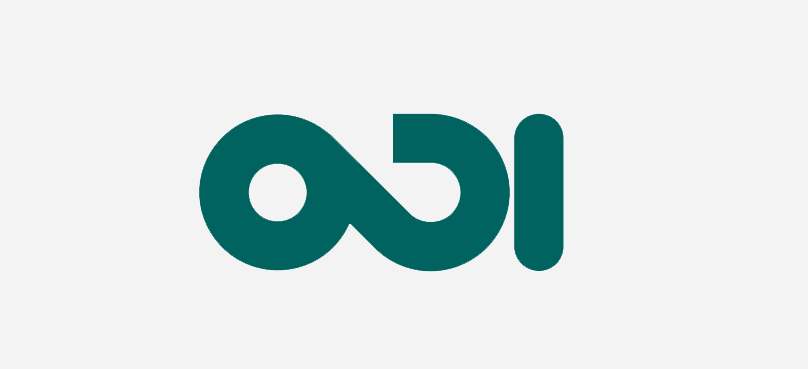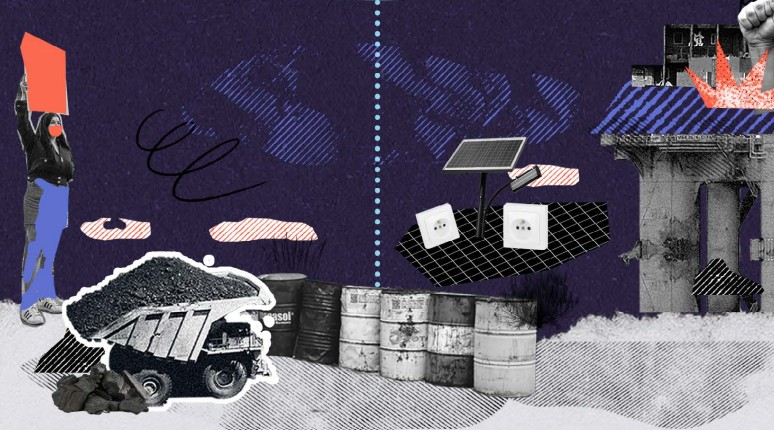The Overseas Development Institute carried out a study testing PWYP’s coalition model. Below is the introduction, click here to read the full report.
Introduction
Since its inception in June 2002, the PWYP campaign coalition has grown from a few UK-based organisations to become a global network of more than 700 organisations in almost 60 countries organised into a fairly loose alliance of affiliated national coalitions. Some of these coalitions share the same PWYP brand and logo, while others have distinct and independent identities. All, however, share the same status of affiliation, without differentiation.
With the growth and evolution of the global campaign has come two particular challenges. Firstly increasing demands on the international secretariat for coordination and support to national coalitions far outstrip its current capacities. Secondly, despite the important achievements of the campaign at the international level, national coalitions continue to face numerous operational challenges, which undermine their effectiveness to advance the advocacy agenda at national level. These problems are to be found at different levels and to differing degrees, though they are present in almost all coalitions in the resource-rich countries.
With this in mind, this study has two primary objectives:
1. To test the organisational theory of change (“the coordinated, collective actions of a diverse coalition of organisations will be most effective in driving policy change for greater extractive industry transparency”) and assess the extent (and where, why and how) to which this theory has been proven at national level (or not).
2. To assess the operational difficulties of coalitions and to recommend good practices for how coalitions can best be managed and supported.
The study began with a review of 10 country coalitions, selected in consultation with the International Secretariat: Ghana, Niger, Mongolia, Kyrgyzstan, Nigeria, Chad, Indonesia, Australia, US and UK. Of the ten countries, field trips were conducted in first four while the remaining six were studied remotely through telephone interviews.
After preliminary analysis of the country reviews, a number of common themes were identified. These were tested across a wider sample of opinion through a Delphic consultation conducted through two mechanisms at the PWYP conference in Amsterdam in 2012 – an instant vote system of up to 100 delegates within a session at the conference, and distribution of a paper questionnaire to all participants who were then able to answer on paper or online. The survey received 54 responses.
Read the rest of the report.











